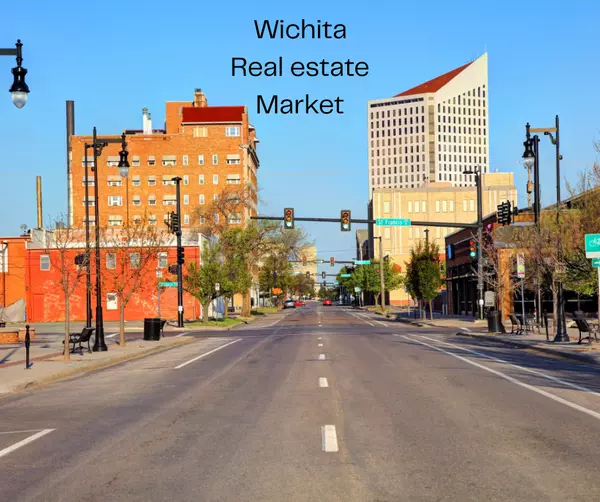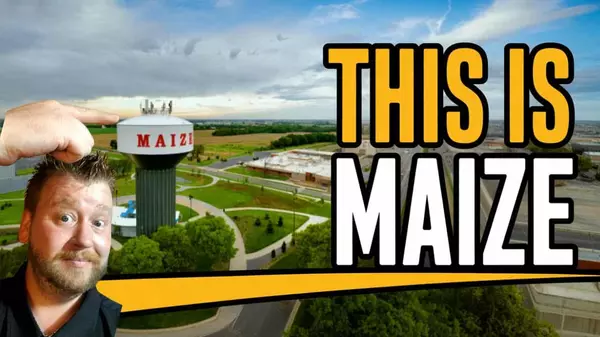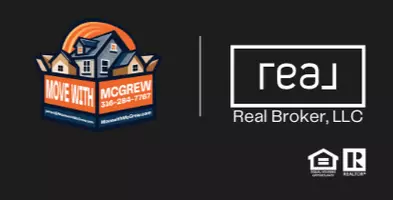From Accepted Contract to Close: The Cliff Notes Guide to Your Next Steps

From Accepted Contract to Close: Your Cliff Notes Guide to What Happens Next
Congratulations! Your offer has been accepted—this is a huge milestone in your home-buying journey. But what happens now? This guide breaks it all down into simple, easy-to-follow steps. Think of it as your "Cliff Notes" for going from accepted contract to closing day. Let’s get started!
Step 1: Deliver Your Earnest Money
Earnest money is like a good faith deposit showing you’re serious about buying the home. The contract spells out exactly who will hold this money (usually an escrow or title company) and how you’ll need to pay it. Payment methods may include a check, ACH transfer, or even a wire. Be sure to deliver the money quickly—most contracts give you only a few days to complete this step.
💡 Pro Tip: Always get a receipt for your earnest money deposit and keep it in a safe place.
Step 2: Schedule Home Inspections
Once the contract is fully executed (this means all signatures and initials are in place), the clock starts ticking. You’ll have a set number of days—outlined in your contract—to handle inspections.
This includes:
- Finding a home inspector: Your agent can recommend reliable professionals.
- Scheduling the inspection: Most inspectors can visit the property within a few days.
- Negotiating repairs: If the inspection uncovers issues, you can request the seller to address them or offer credits.
Make sure to complete everything within the inspection period, so you don’t miss out on your chance to negotiate or back out if needed.
Step 3: The Appraisal Process
If you’re using a mortgage to buy your home, your lender will order an appraisal. This ensures the home’s value matches the loan amount. While the lender handles most of the logistics, staying aware of the timeline is important. The appraisal needs to be completed before closing, so avoid any delays.
Step 4: Organize Your Paperwork
Buying a home comes with a lot of paperwork. Your lender or real estate agent may ask for additional documents like:
- Updated bank statements
- Proof of employment
- Explanations for large deposits or financial changes
Respond quickly to these requests to keep your loan process moving smoothly.
Step 5: Review the Title Commitment
The title company will check the property’s legal history to ensure it’s free of issues like liens or disputes. You’ll receive a title commitment, which outlines what the title company is insuring. This is an important step to make sure the home will legally belong to you after closing.
Step 6: Prepare for Closing Costs
Before closing day, your lender will send you a Closing Disclosure. This document breaks down all the costs associated with your home purchase, including:
- Loan fees
- Taxes
- Title charges
Review it carefully to avoid surprises. If anything looks off, ask your lender or agent for clarification.
Step 7: Schedule the Final Walkthrough
A day or two before closing, you’ll have the chance to walk through the home one last time. This is your opportunity to confirm that:
- The home is in the same condition as when you made your offer.
- Any agreed-upon repairs were completed.
If something isn’t right, bring it to your agent’s attention immediately.
Step 8: Closing Day
This is the big day! You’ll sit down to sign a stack of documents, pay any remaining closing costs, and finally get the keys to your new home. Your agent and closing team will guide you through every step to ensure there are no hiccups.
Frequently Asked Questions
1. What happens if the inspection finds major problems?
You can negotiate with the seller to fix the issues, provide a credit, or lower the sale price. If an agreement isn’t reached, you may have the right to cancel the contract, depending on the terms.
2. Can I back out after the appraisal?
If the appraisal comes in low, you may renegotiate the price with the seller. Your contract may also include contingencies allowing you to back out under certain conditions.
3. What should I bring to closing?
Typically, you’ll need:
- A valid photo ID
- Proof of homeowners insurance
- Funds for closing costs (if not wired in advance)
Key Takeaways
- The journey from contract to close involves several critical steps: earnest money, inspections, appraisals, and paperwork.
- Timelines are tight, so stay organized and respond quickly to keep the process moving.
- Your agent, lender, and title company are there to guide you every step of the way.
Let’s Get You to the Finish Line!
Written by:
James McGrew Jr, REALTOR® – Real Broker, LLC
📍 James McGrew Jr Real Estate Agent – Real Broker, LLC
Proudly serving Wichita, Andover, Derby, Maize, and the surrounding areas since 2019.
James helps buyers and sellers navigate Wichita’s real estate market with confidence through his Wichita Home Buyer’s Blueprint and VIP Client Program — designed to simplify the process and provide lasting value.
📞 316-284-7767
📧 James@MoveWithMcGrew.com
🌐 MoveWithMcGrew.com
Categories
Recent Posts











"My job is to find and attract mastery-based agents to the office, protect the culture, and make sure everyone is happy! "
